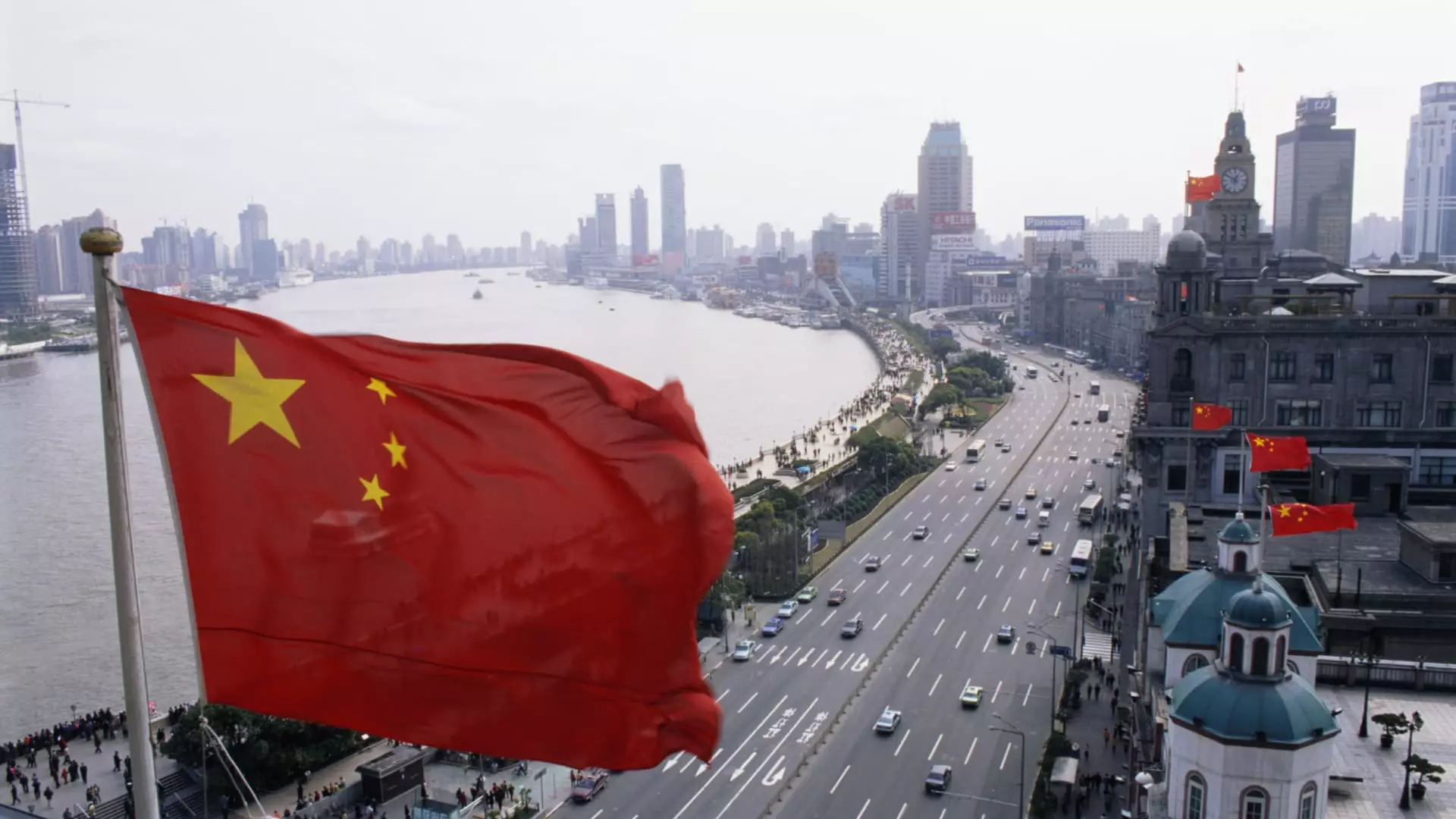The recent surge in Asia-Pacific markets is a double-edged sword, fueled by U.S. President Donald Trump’s latest maneuver to temporarily pause tariffs on specific consumer electronics. While this move initially injects optimism into the market, is it genuinely a boon for stability, or simply a smokescreen for underlying vulnerabilities? The Nikkei 225 climbed 1.37% and the Kospi index rose by 0.88%. However, the jubilance in these statistics masks a precarious dynamic: these gains hinge on the unpredictability of a government that has shown a penchant for abrupt policy shifts.
Investors may feel a sense of triumph witnessing the broader Topix index rising and the robust advancements in South Korea’s small-cap Kosdaq. Yet, it’s crucial to realize the fragile sentiments underpinning these trends. What happens when the music stops? The temporary exemptions for mobile devices and semiconductors, framed as a relief, appear more like a strategic chess move rather than a genuine long-term solution. The volatility of Trump’s administration often leaves stakeholders in a state of suspended anxiety, doubting the sustainability of these gains.
The Uncertain Path Ahead
Adding to the suspense, Trump’s recent comments suggest that these exemptions might not be as reliable as they seem. By maintaining that certain tariffs still loom—termed the “20% Fentanyl Tariffs” in his language—he perpetuates an atmosphere of uncertainty. Anticipation builds as countries like Vietnam, India, South Korea, and Japan prepare for trade negotiations this week, all while the U.S. continues to prioritize relationships as a strategic counterbalance to China.
The question emerges: Is Trump engaging in a clever tactical game, or is this simply a haphazard approach to international relations? The fluctuating nature of these negotiations breeds skepticism among investors and policymakers alike. While trade talks superficially promise progress, the underlying friction with China continues to ripple throughout the market, casting shadows over even the most optimistic forecasts.
The Illusion of Progress
The situation is made even more complex given the political backdrop. Japan’s top trade representative, Akazawa Ryosei, is set to meet U.S. officials shortly, yet one must wonder whether these discussions will yield meaningful resolutions or merely serve as a platform for posturing. The theater of trade negotiations is fraught with the risk of becoming a mere show, wherein the goal of conflict resolution takes a back seat to the performance of politics.
Moreover, the cavalier attitude towards tariff policies reflects broader systemic issues within the economic framework of the U.S.—it highlights a disregard for the nuanced complexities of global trade. The reliance on tariffs as a political tool can lead to catastrophic ripple effects, especially in an interconnected global economy where such actions create uncertainty, impacting everything from supply chains to consumer prices.
Trump’s pivot may seem like a calculated risk destined to bolster for fragile market sentiment, but it ultimately risks destabilizing the economic fabric through volatility and unpredictability. As countries watch and react, the long-term implications of these decisions could far outweigh the temporary market euphoria we are witnessing today.

